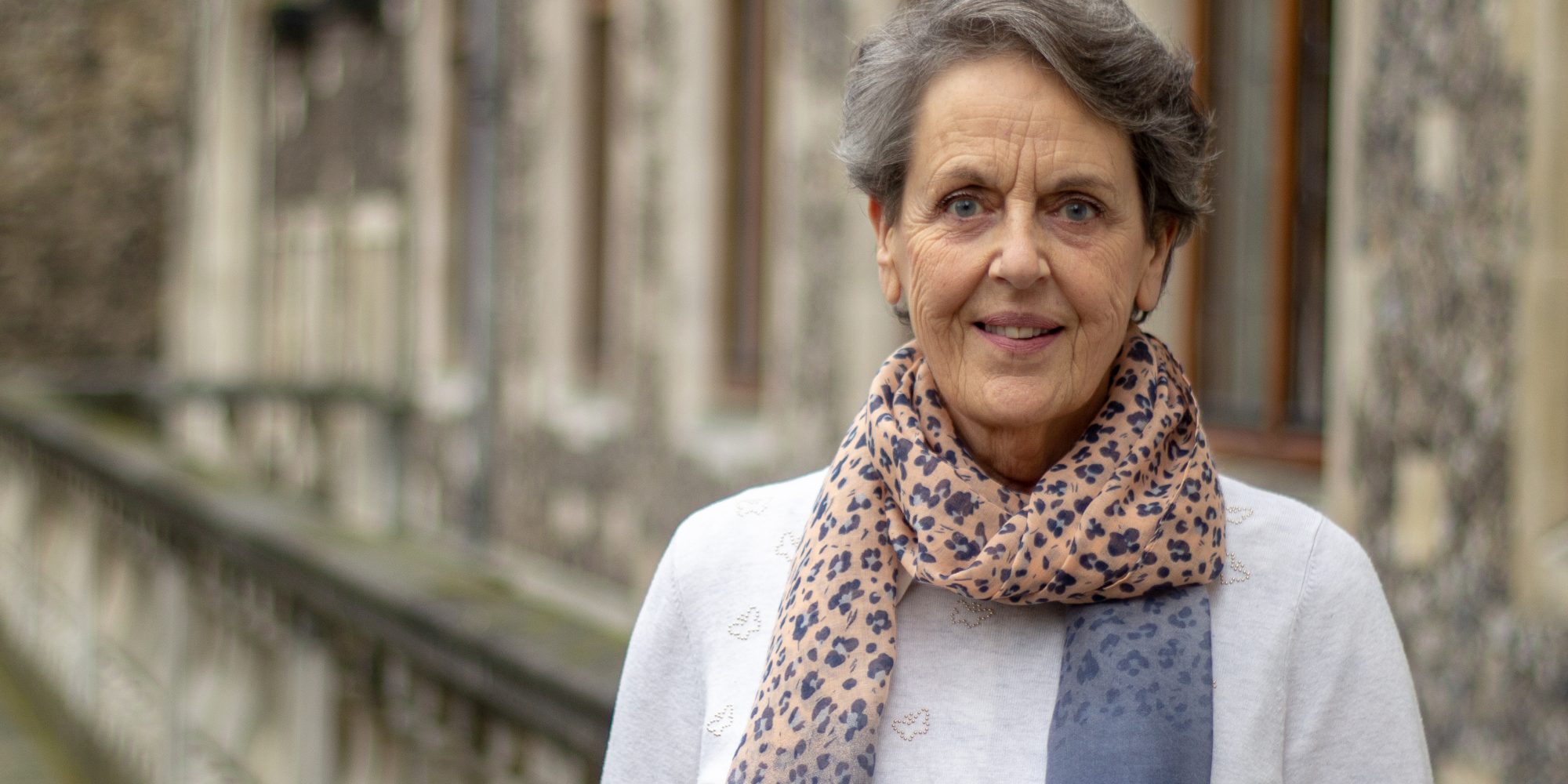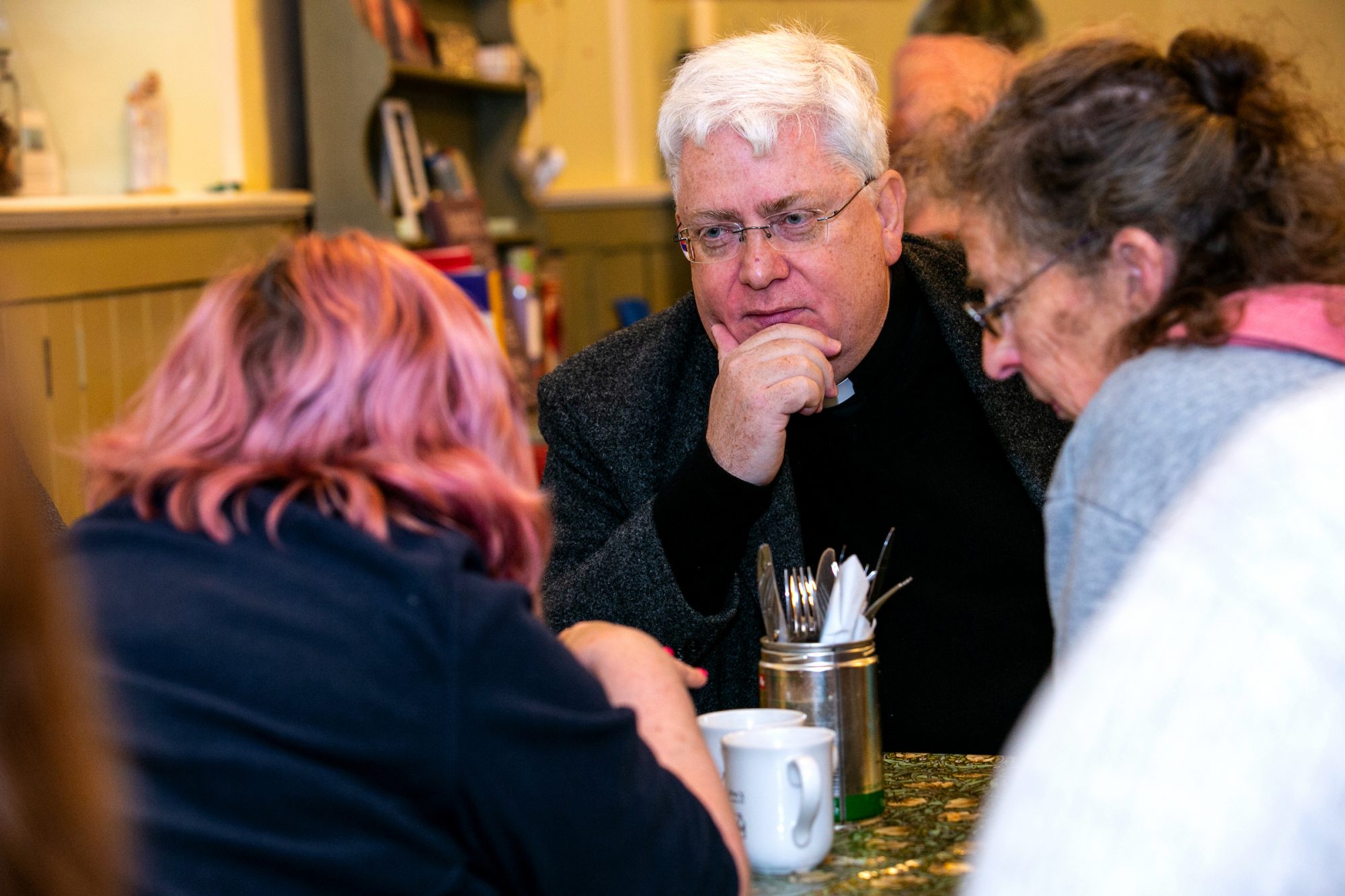How can dioceses be ready to respond to the Church’s Covenant for Clergy Care and Wellbeing, due out in July?
St Luke’s is convinced that collaboration is key, motivating the charity to host a June workshop for wellbeing representatives from the dioceses. This event will give an opportunity for participants to review their current wellbeing practices, share ideas for addressing the aspirations of the Covenant, and identify areas where clergy wellbeing organisations can offer support.
‘As a leader in the field of clergy wellbeing, St Luke’s is ambitious to see how much more can be achieved for clergy wellbeing when wellbeing organisations work together,’ says St Luke’s Chief Executive Dr Claire Walker. ‘We are delighted to host this workshop with the dioceses, which came in response to a plea from delegates for more collaborative events, following St Luke’s first wellbeing symposium last year.’
St Luke’s independence
The theology of the draft Covenant, published in 2018, has been broadly welcomed across the Church but reservations have been expressed about the practical implications of some of its recommendations. Here, St Luke’s independence from the Church of England can be helpful as a ‘broker’ in the process, suggests Jan Korris (pictured below), St Luke’s Reflective Practice Adviser and a member of the Covenant Working Party.
‘At St Luke’s, we are well-positioned to develop and foster ideas and share learning across the dioceses, to raise the aspirations and standards for clergy wellbeing in the Church of England,’ Jan says. ‘But our independence from the structures of the Church is absolutely crucial to enable us to be trusted and respected by clergy.’
She continues: ‘We want to help in implementation of the Covenant, once it is adopted, and feel that through our network of contacts – fellow “providers” and diocesan representatives – we have a role in facilitating conversations, promoting best practice, reducing silo working and avoiding reinventing the wheel.’

Challenging and complex for clergy
The workshop comes shortly after St Luke’s announced a renewed emphasis on its wellbeing and advocacy work, whilst still offering support with medical health issues to Anglican clergy and families.
‘We believe the need to pay attention to good health and wellbeing for clergy has never been greater and we know our resilience training and reflective practice groups have a hugely positive impact on clergy lives and ministries,’ says Edward Martineau, Chairman of Trustees. ‘Factors including declining congregations and clergy numbers make these challenging and complex times for clergy. St Luke’s wants all clergy to be able to carry out their ministry and fulfil their calling, as far as possible, in good health, both physical and mental.’


